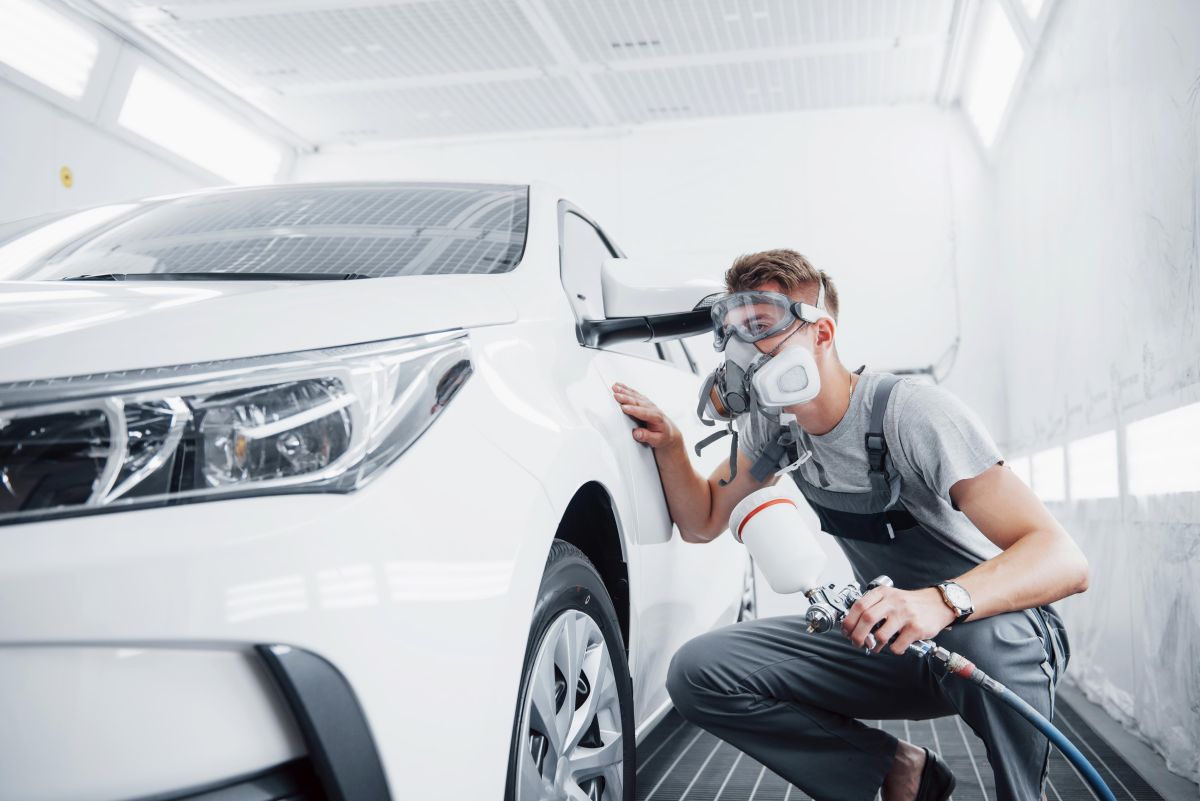Dear Jack,
The cost of disposing of toxic waste such as solvents, paint, primers, etc. has increased significantly in recent years and I was wondering whether I can charge a hazardous waste fee to my customer?
Signed, Curious Collision Shop
Dear Curious,
Yes, auto body shops may charge a customer separately for costs associated with the handling, management and disposal of toxic wastes or hazardous substances under California or federal law which directly relate to the servicing or repair of the customer’s vehicle, according to the California Code of Regulations.
However, there are specific requirements that must be followed. Any fees for handling, management and disposal costs of hazardous waste directly related to a specific job must be itemized separately in the estimate and invoice. If the auto body shop routinely collects a “hazardous waste fee” for a service that creates hazardous waste, such as paints, primers and solvents, the auto body shop estimate and invoice must include the facility’s Hazardous Waste Identification Number, or more commonly known as the EPA Number. It allows registered hazardous waste transporters to lawfully transport the waste to a recycling facility.
Please note that the hazardous waste fee may not act as a source of profit for the auto body shop and furthermore, cannot be charged arbitrarily without a financial analysis of what the true cost is to the collision facility. The hazardous waste fee should be calculated for the auto body shop by a third-party environmental health and safety (EHS) company. Depending on how much hazardous waste the facility generates per year, the EHS company determines a “per repair service” charge that can be passed onto the customer to offset the fees in which the shop must pay. Again, this charge, and the EPA Number, must be separately itemized on both the initial estimate and the final invoice.
The information provided in this article does not, and is not intended to, constitute legal advice; instead, all information, content and references are for general informational purposes only.
Molodanof is an attorney, lobbyist and expert in California’s automotive repair industry, representing the largest statewide automotive repair associations in California, including the California Autobody Association. He serves on the California Bureau of Automotive Repair (BAR) Advisory Group, offering valuable input on BAR programs. As a certified BAR Remedial Training Provider, he is authorized to instruct on laws and regulations related to the Automotive Repair Act. In addition to his legal and advocacy roles, he is co-founder of EduTech, a company that offers online BAR educational training courses. Contact him at jack@mgrco.org or 916-447-0313.










